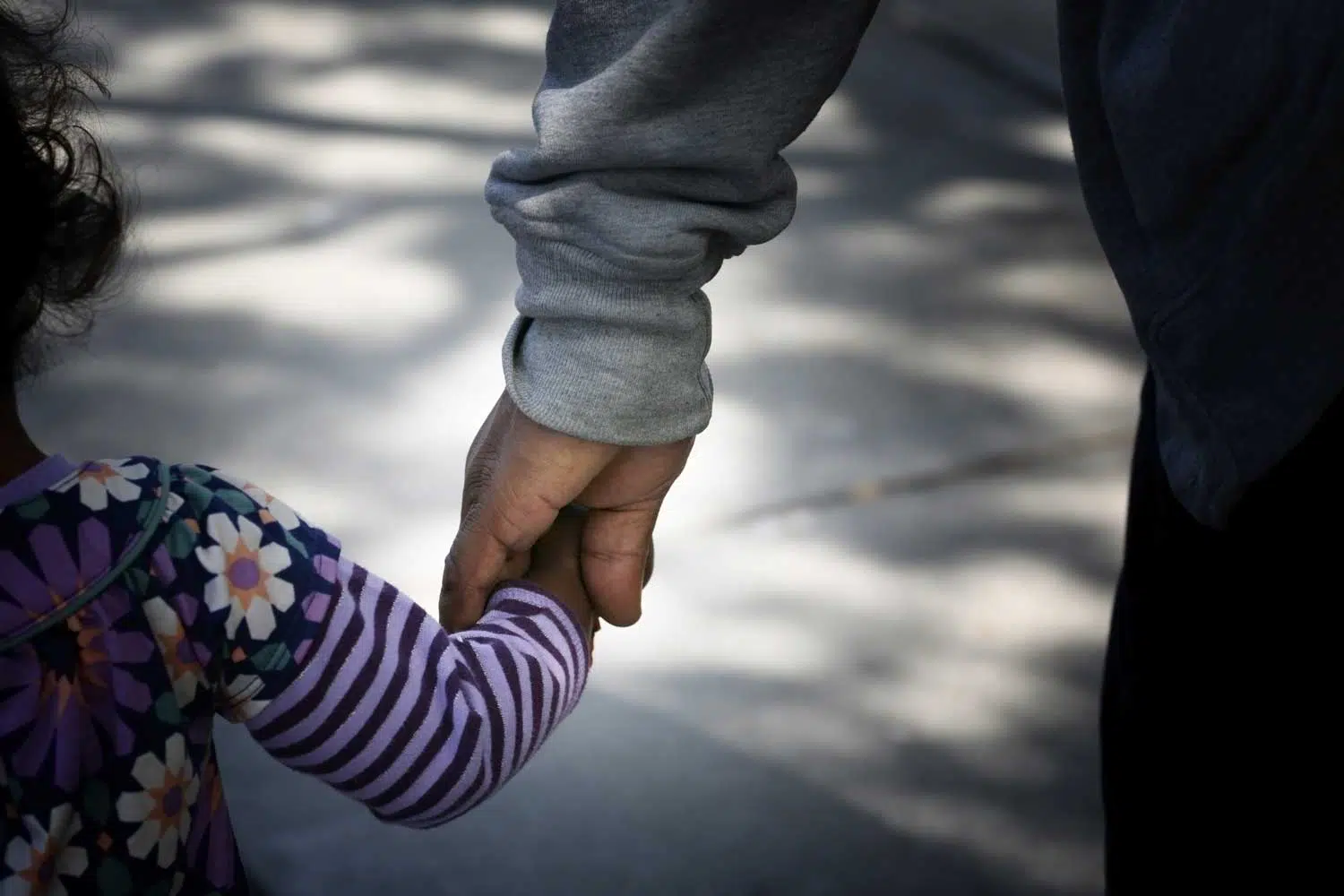Virginia in the 21st century retains much of its Southern grace and charm in many little ways, like its paternalistic approach to caring for Virginia’s children. Vested in the Code of Virginia is, repeatedly, “the best interest of the child.” In child custody, the Commonwealth of Virginia stands second to none in defending what is best and right and just for our state’s littlest citizens. When you and your ex-wife create a parenting plan for your children, you can consider (as outlined by Virginia’s Judicial System) sole custody — one spouse has primary responsibility for the children and the other spouse visits now and then — or you can arrange for joint custody, in which both parents still share the parenting responsibilities. A rising trend within joint custody is shared parenting.
What is Shared Parenting?
Shared parenting is an offshoot of joint physical custody, though joint custody does not guarantee the amount of time each parent gets. Shared parenting strives to be as equitable and fair as possible: Dad gets Darla and Dylan 50 percent of the time, and ex-wife Eleanor gets them 50 percent of the time.
Though Virginia does not mandate shared parenting, it is increasingly popular, for many good reasons. The Code of Virginia in § 20-124.3 attempts to take into account many facets of parenting, including (but not limited to):
- “The relationship existing between each parent and each child, giving due consideration to the positive involvement with the child’s life, the ability to accurately assess and meet the emotional, intellectual and physical needs of the child;
- The needs of the child, giving due consideration to other important relationships of the child, including but not limited to siblings, peers and extended family members;
- The role that each parent has played and will play in the future, in the upbringing and care of the child;
- The propensity of each parent to actively support the child’s contact and relationship with the other parent, including whether a parent has unreasonably denied the other parent access to or visitation with the child;
- The relative willingness and demonstrated ability of each parent to maintain a close and continuing relationship with the child, and the ability of each parent to cooperate in and resolve disputes regarding matters affecting the child;”
Not only are you encouraged to be completely involved with your child after a divorce, legally you are expected to stay connected. Few, if any, Virginia judges would frown upon a parenting plan built around shared parenting.
The Benefits of Shared Parenting Are Thoroughly Documented
A recent edition of the Virginian Pilot included a guest column by two advocates of shared parenting, Christian and Kristen Paasch, members of the National Parents Organization in Virginia. They outline the risks of single-parent households, citing statistics (from reliable national sources) on children raised by single parents:
-
- These children account for 71 percent of high school dropouts
- They are 75 percent of children in chemical abuse centers
- These children of single parents are 85 percent of prison inmates
-
- They comprise 90 percent of homeless and runaway children
Shared parenting, conversely, has a lot of solid research and positive results to support it. A piece in the Journal of Divorce & Remarriage summarizes a meta-analysis of 40 studies that indicate,
“Overall the children in shared parenting families had better outcomes on measures of emotional, behavioral, and psychological well-being, as well as better physical health and better relationships with their fathers and their mothers, benefits that remained even when there were high levels of conflict between their parents.”
An anecdotal study of a few households may suggest a trend; a meta-analysis of 40 studies over 25 years soars high above a mere suggestion and is highly reliable. The authors of the study concluded, “shared parenting was linked to better outcomes for children of all ages across a wide range of emotional, behavioral, and physical health measures.”
Additional findings of the meta-analysis:
- No convincing evidence existed that overnighting or shared parenting was linked to negative outcomes for infants or toddlers
- Outcomes are not positive when there is a history of violence or when the children do not like or get along with their father
- Though shared parenting couples tend to have somewhat higher incomes and somewhat less verbal conflict than other parents, these two factors alone do not explain the better outcomes for the children
Getting Shared Custody as a Father
What can an informed Virginia Dad do with this information? First make certain your custody attorney is up to date on the many documented benefits of shared parenting. Then campaign, using facts and research, to convince your wife’s attorney that shared parenting is the right choice for you, your wife, and your children. Shared parenting can be truly, in the words of the Code of Virginia, in “the best interests of the child.”
While some law firms include family law among other areas of practice, The Firm For Men practices only family law. Call us at 757-383-9184 or contact us online, and let us share more expertise on innovative solutions for child custody, parenting time, and property settlements. If you are in the Virginia Beach area, please consider stopping by our offices to schedule a consultation.


